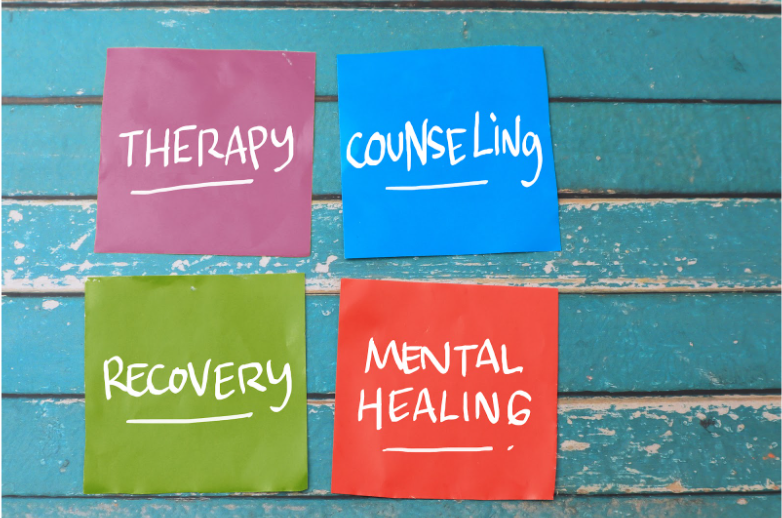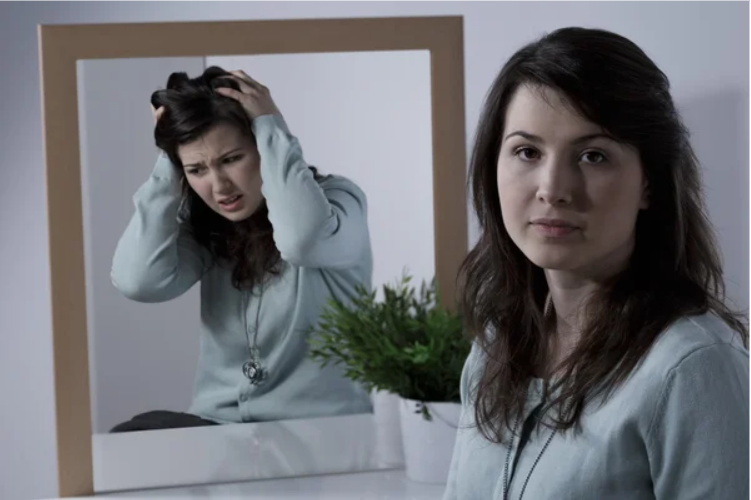Mental health is a complex and often misunderstood topic. Many people use the terms “mental illness” and “mental disorder” interchangeably, but there are actually some key differences between the two. In this comprehensive guide, we’ll dive deep into the world of mental health, exploring what is mental illness, the various types of mental illness, the difference between mental illness vs. mental disorder and how they differ from the broader category of mental disorders.
We’ll also discuss what is mental health, how to treat mental illness without medication, and the various approaches to mental health treatment. Let’s dive in!
What is Mental Illness? Common Symptoms and Causes

Before we delve into the differences between mental illness and mental disorder, let’s first establish a clear understanding of what is mental illness. Mental illnesses are health conditions that significantly affect a person’s thinking, emotions, and behavior. These conditions can greatly impact daily life, causing challenges in relationships, work, and overall well-being.
Some common types of mental illness include:
- Depression
- Anxiety disorders
- Bipolar disorder
- Schizophrenia
- Eating disorders
Diagnosing Mental Illnesses
Mental illnesses are typically diagnosed by mental health professionals using criteria from diagnostic manuals like the DSM-5 (Diagnostic and Statistical Manual of Mental Disorders, Fifth Edition). A diagnosis is made when the symptoms are severe enough to cause significant distress or impairment and meet specific diagnostic criteria.
It’s important to note that experiencing some symptoms of a mental illness does not necessarily mean you have that condition. For example, feeling sad or anxious from time to time is a normal part of life. However, when these feelings persist, intensify, and start to interfere with daily functioning, it may be a sign of a mental illness that requires professional attention.
Recognizing Mental Illnesses
The signs and symptoms of mental illnesses vary depending on the specific condition, but some common warning signs include:
- Feeling sad, down, or irritable for an extended period
- Confused thinking or reduced ability to concentrate
- Excessive fears, worries, or feelings of guilt
- Extreme mood changes, from highs to lows
- Withdrawal from friends, family, and activities
- Significant tiredness, low energy, or sleeping problems
- Detachment from reality (delusions or hallucinations)
- Inability to cope with daily life, work, or school
- Trouble understanding and relating to others
- Alcohol or drug misuse
- Major changes in eating or sleeping habits
- Excessive anger, hostility, or violence
- Suicidal thinking
When these signs and symptoms cause significant distress or impair daily functioning, a mental illness may be present.
The Impact of Mental Illness
Living with a mental illness can feel like being trapped in a maze of your own mind. The twists and turns of distressing thoughts, overwhelming emotions, and disruptive behaviors can make navigating daily life a daunting challenge.
Imagine waking up each morning with a heavy weight on your chest, feeling utterly depleted of energy and motivation. You try to push through the day, but the simplest tasks feel like climbing a mountain with a backpack full of rocks. This is the reality for many individuals living with depression, one of the most common types of mental illness.
Or perhaps you find yourself constantly worrying about things that others brush off as minor concerns. Your mind races with worst-case scenarios, and you feel an impending sense of doom that you can’t shake off. This is the experience of those grappling with anxiety disorders, another prevalent form of mental illness.
The Stigma Surrounding Mental Illness
Despite the significant advances in our understanding of mental health, stigma surrounding mental illnesses persists. Society often portrays people with mental illnesses as weak, unstable, or even dangerous. These harmful stereotypes can make individuals hesitant to seek help, fearing judgment and discrimination.
It’s crucial to remember that mental illnesses are health conditions, not character flaws. They can affect anyone, regardless of age, gender, or background. Seeking help is a sign of strength and self-awareness, not weakness.
Understanding Mental Disorders: Types and Key Characteristics

Now that we have a clearer picture of what is mental illness, let’s explore the broader concept of mental disorders. The term “mental illness vs mental disorder“ is often used interchangeably, but there is a distinction between the two.
According to the American Psychiatric Association, a mental disorder is:
“A behavioral or mental pattern that causes significant distress or impairment of personal functioning.”
In essence, mental disorders encompass a wide range of conditions that impact mental health and well-being. This includes mental illnesses, but also extends to other categories such as:
- Developmental disorders (e.g., autism spectrum disorder, attention-deficit/hyperactivity disorder)
- Personality disorders (e.g., borderline personality disorder, narcissistic personality disorder)
- Substance use disorders (e.g., alcohol use disorder, opioid use disorder)
- Other conditions (e.g., sleep-wake disorders, sexual dysfunctions)
Difference Between Mental Illness and Mental Disorder: A Detailed Comparison
As you can see, the term “mental disorder” casts a wider net compared to “mental illness“. While all mental illnesses can be considered mental disorders, not all mental disorders are mental illnesses.
Think of it like a tree with many branches. The trunk of the tree represents mental disorders, the overarching category. One of the main branches stemming from the trunk is mental illnesses, which includes conditions like depression, anxiety disorders, and schizophrenia. Other branches represent different types of mental disorders, such as developmental disorders and personality disorders.
How Are Mental Illnesses Diagnosed and Treated?
Diagnosing mental disorders involves a comprehensive evaluation by a trained mental health professional. This process may include a clinical interview, psychological assessments, and medical tests to rule out other potential causes of symptoms.
Mental health treatment for mental disorders varies widely depending on the specific condition and individual needs. Some people may benefit from psychotherapy, while others may require medication, lifestyle changes, or a combination of approaches.
It’s essential to work closely with mental health professionals to develop a personalized mental health treatment plan that addresses your unique needs and goals. Remember, recovery is a journey, and there may be setbacks along the way. However, with patience, persistence, and a strong support system, many individuals with mental disorders can lead fulfilling and meaningful lives.


































